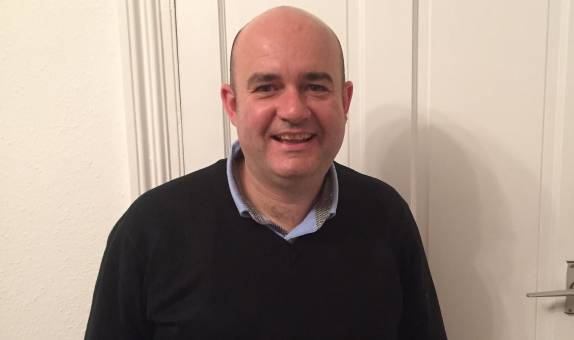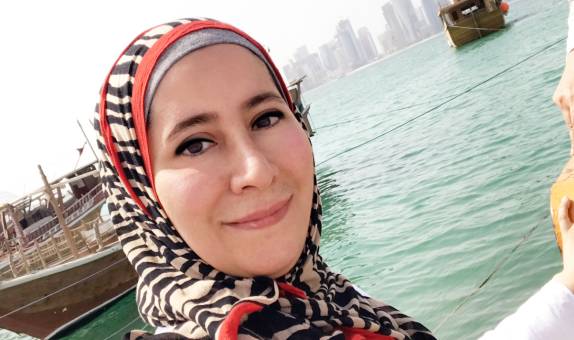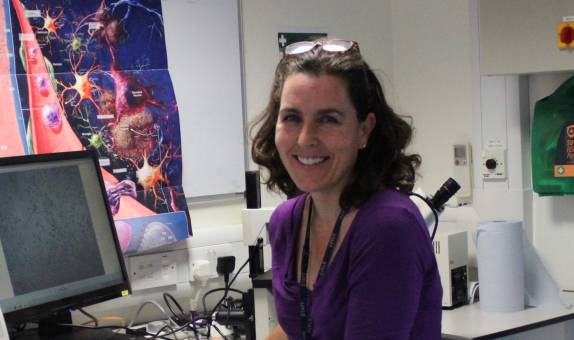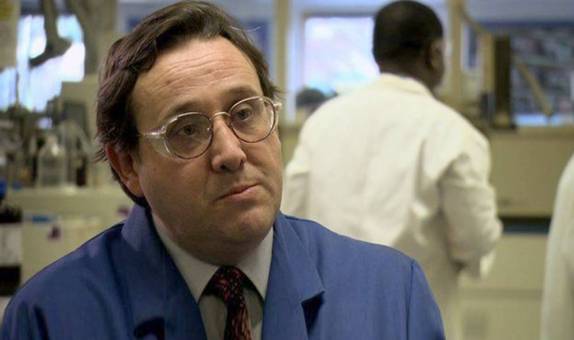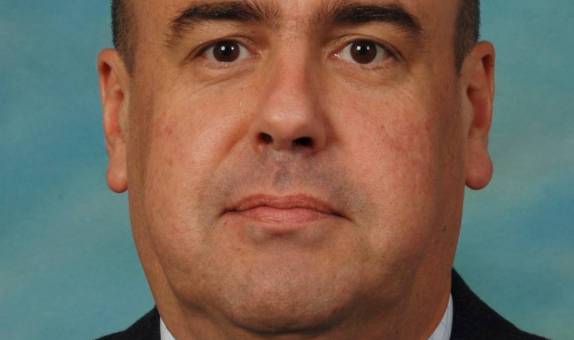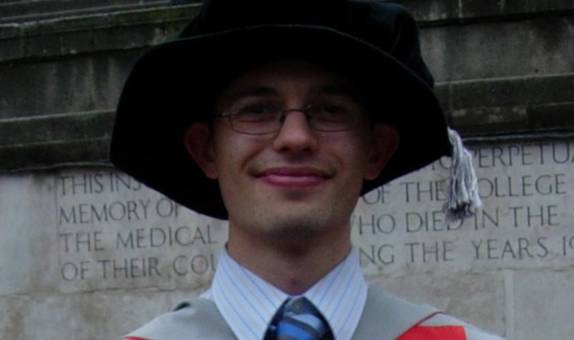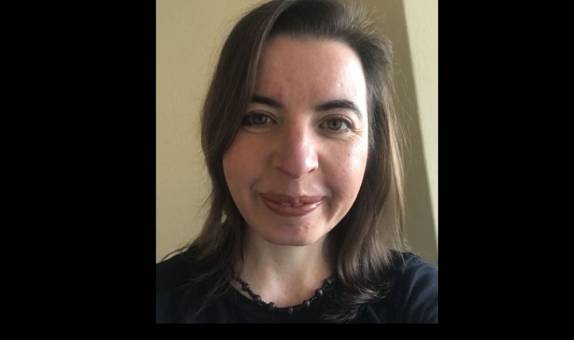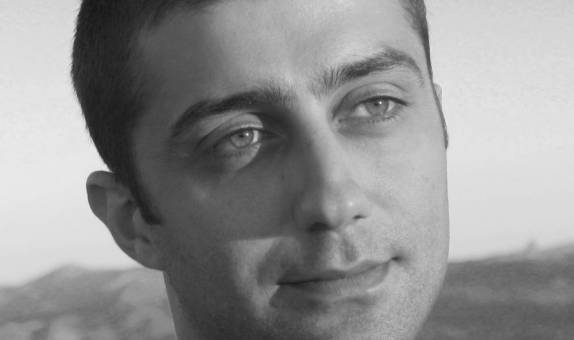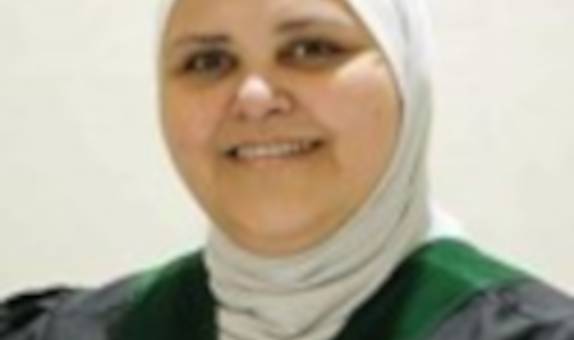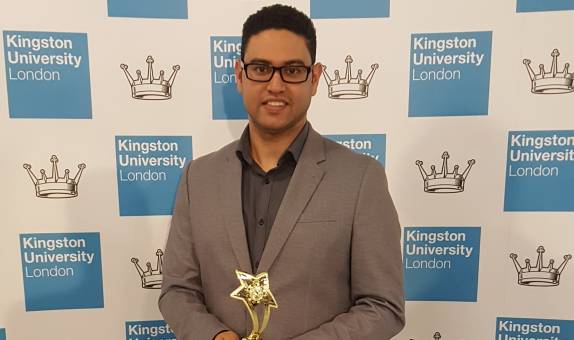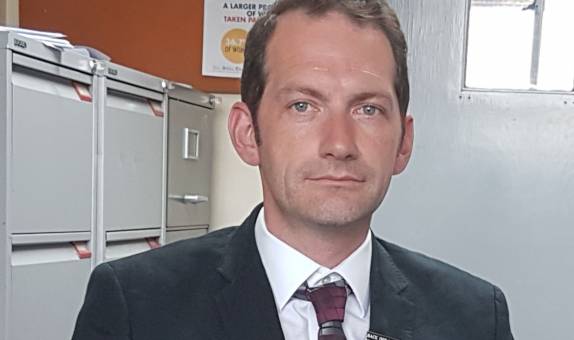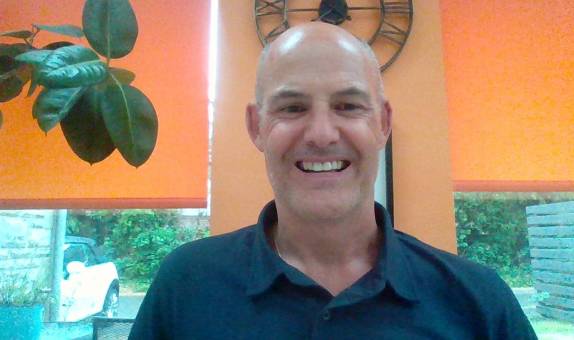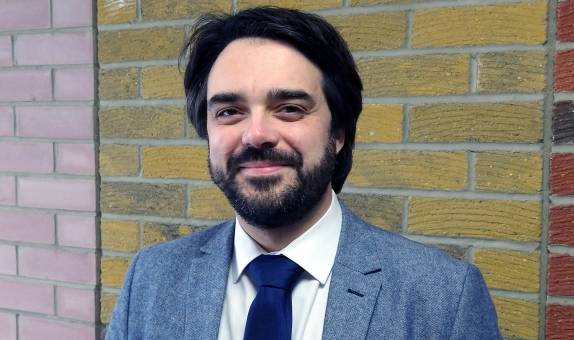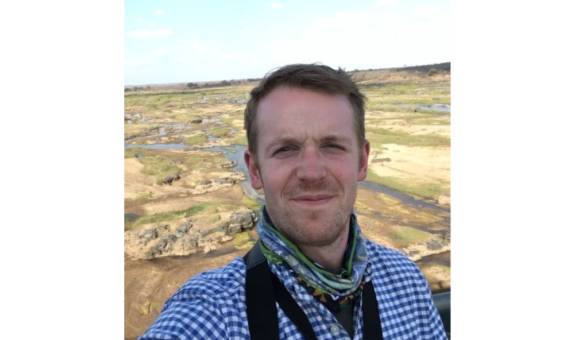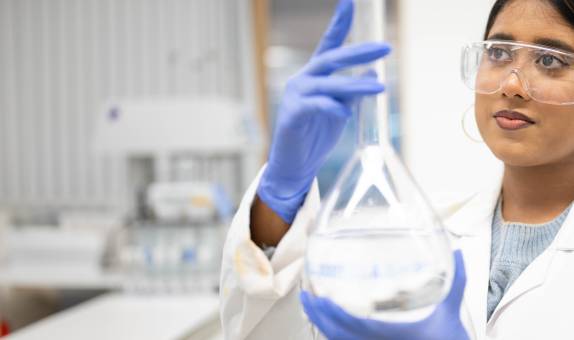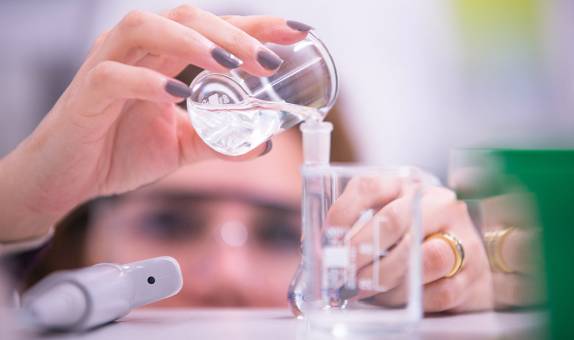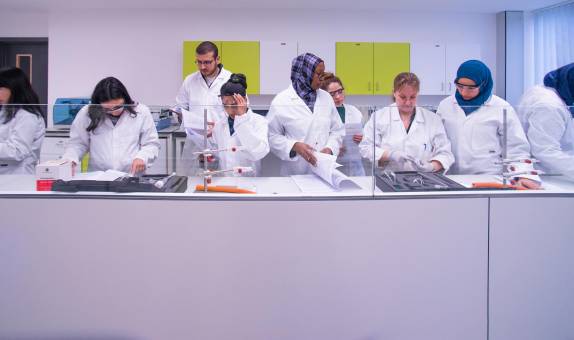Pharmaceutical Science BSc (Hons)

Teaching Excellence Framework (TEF) Gold award
Our commitment to high quality teaching has been recognised with a TEF Gold rating. The University has received an overall rating of Gold, as well as securing a Gold award in the framework's two new student experience and student outcomes categories.
Why choose this course?
Pharmaceutical science can benefit and transform patients' lives. Spanning the worlds of chemistry and biology, it discovers, develops and analyses medicines and pharmaceutical products. If you're considering a career in the pharmaceutical industry, this course will give you the knowledge and practical skills for success.
This course explores drug discovery and development, pharmacology, toxicology and immunology. You'll examine the most effective ways that medicines are manufactured, packaged, stored and administered. You'll take part in innovative research, including new methods of drug delivery and drug synthesis.
| Attendance | UCAS code/apply | Year of entry |
|---|---|---|
| 3 years full time | BB22 | 20242025 |
| 4 years full time including sandwich year | BBG2 | 20242025 |
| 4 years full time including foundation year | B208 | 20242025 |
| 6 years part time | Apply direct to the University | 20242025 |
For 2024 entry, please submit your application before the UCAS deadline as this course may not be in a position to consider applications submitted after this date.
Please note: Teaching on this course may take place on more than one KU campus.
| Main location | Penrhyn Road |
Reasons to choose Kingston University
- This course is one of the first to be accredited by the UK by the Academy of Pharmaceutical Sciences (APS).
- You'll gain extensive practical experience in new laboratories after a £6.8 million investment.
- There is an optional sandwich year, which gives you the opportunity to gain experience of how pharmaceutical science is applied in industry.
What you will study
Year 1
Year 2
Optional sandwich year
Final year
Year 1 introduces biology, chemistry, and physiology for pharmaceutical science.
Core modules
Introduction to Spectroscopy and Experimental Techniques
30 credits
This module provides an introduction to basic laboratory techniques and procedures such as weighing and volumetry, proceeding to descriptions of laboratory manipulations, elemental analysis and general practical knowledge. You will be introduced to spectroscopic techniques in terms of simple theory, as well as a practical introduction to the identification of simple organic compounds. These compounds will sometimes be synthesised in the course of the practical element of the module, which will also serve to demonstrate laboratory techniques of preparation and purification of these organic materials.
Academic Skills for Molecular Sciences
30 credits
This is a core module for all chemistry and pharmaceutical science programmes. The module aims to give you a thorough grounding in mathematics, statistics, key and transferable skills (e.g. exam strategy, effective use of calculators, library and referencing, avoiding plagiarism, problem-solving and personal development planning etc.) and IT skills.
Foundation Chemistry
30 credits
This module will refresh your foundation knowledge of the core chemistry concepts required for progress within the field of pharmaceutical science and biochemistry. It includes atomic and molecular structure within various bonding models, the principles of functional group interconversions and synthesis. You will also be introduced to the laws of kinetics and thermodynamics and apply them to simple chemical and pharmaceutical systems.
Bioscience 1
30 credits
This module will cover cell biology and microbiology, particularly with reference to human physiology and the pathological microorganisms affecting it. You will be introduced to the fundamental principles of the biochemical processes that occur within the cell, including prokaryotic and eukaryotic cell structure, basic tissue types, microbial entities and organisms such as viruses, bacteria and fungi.
You will progress from the subcellular level through to the cellular and then to tissues and a few selected organ systems; examining the mechanisms that maintain homeostatic balance.
Year 2 places emphasis on organic and medicinal chemistry and develops practical skills, especially in pharmaceutical analysis - important in relation to the actions and characterisation of drugs. Building on the pharmaceutical chemistry learned in Year 1, you will study the properties and formulation of pharmaceuticals. You will also study the effect of drugs in living systems and the principles of the immune system. There will be an introduction to micro-organisms in relation to human disease, their control and safe working practices. You will explore organic and medicinal chemistry applied to the design and synthesis of drug molecules. Year 2 also focuses on the experimental aspects of pharmaceutical science, developing skills for conducting independent laboratory investigations. There is also the opportunity to develop other transferable skills, important to your employability and career planning.
Core modules
Organic and Medicinal Chemistry
30 credits
You will expand your knowledge of both Organic Chemistry and Medicinal Chemistry subject areas and introduces important principles, reactions and mechanisms in organic chemical reactivity as well as basic mechanisms of drug action. You will develop your understanding of the methodology of organic synthesis following concepts introduced in Year 1, and study important organic chemistry topics such as carbanion reactivity of carbonyl compounds, the reactions of aromatic and heteroaromatic compounds, stereochemistry, asymmetric synthesis and retrosynthesis
It also introduces the specific reasons why a small amount of a drug molecule can exert a complex biological response. It uses examples from a range of medicinal areas in order to illustrate these key processes as well as giving an introduction on the ideas of drug design and the role this plays in the modern pharmaceutical industry. This module also gives you experience of using spectroscopic techniques for chemical structure elucidation.
Pharmacology and Pharmaceutics
30 credits
This module incorporates elements of pharmacology, toxicology, immunology and pharmaceutics (including formulation science). The module gives a grounding in the processes of absorption, distribution, metabolism and excretion which underlies many of the toxicological and pharmacological effects of biological agents. You will explore how drug formulation affects the bioavailability of a drug and how the physiology of the human system affects these processes. You will explore recent developments in drug development involving antibodies as therapeutic agents, and the major factors involved in the effective and safe delivery of therapeutic agents to human populations. You will also examine the effects and response to environmental, chemical and microbial toxins.
Throughout the module, you will discuss the various types of dosage form design and explain the relevant physico-chemical principles involved in the choice of dosage form.
Analytical Science
30 credits
This module introduces you to the applications of analytical science within analytical biochemistry, clinical chemistry, forensic analysis and the pharmaceutical sciences. It allows you to build your knowledge, practical skills and interpretation skills whilst implementing the analytical process model using scenario-based learning. You will learn the principles of the stages within the analytical process model, including understanding sampling methods, sample preparation, errors and statistics and data recording in analytical science. This module will enable you to select and optimise appropriate analytical methods to solve problems in biomedical, forensic and pharmaceutical cases.
Practical and Research Skills in Pharmaceutical Science
30 credits
This module deals with new laboratory techniques to enable development of practical skills and data interpretation through a range of experiments that encompass organic synthesis, drug formulation and pharmacology/immunology. You will gain the skills and explore methodologies to partake in a research programme, such as literature searching, data analysis and producing a short critical analysis of a research article. You will learn how to use appropriate computer-aided resources to complete assignments, draw chemical structures; to retrieve information from databases and analysis of data and/or research paper.
An optional sandwich year between Years 2 and 3 provides the opportunity to gain experience of how pharmaceutical science is applied in an industrial situation. The industrial placement tutor will help you find a paid placement.
Final year exposes you to specialised areas of pharmaceutical science which includes how drugs are manufactured in industry and how they are introduced onto the shelf. You will learn about new and innovative research linked to pharmaceutical science including new methods of drug delivery. You will also undertake a year-long research project, applying, in an experimental context, the theoretical knowledge you have gained in the previous two years. Final year has option modules: one develops and enhances analytical skills, crucial to all aspects of the production of pharmaceuticals in the UK; the other deepens knowledge of natural product chemistry.
Core modules
Drug Development
30 credits
You will learn about the pharmacology involved in the treatment of various disease types and details the synthetic chemistry behind the development of drug molecules and evaluates the structure activity effects from pharmacodynamic and pharmacokinetic perspectives. The module also outlines the process for intellectual property protection and exploitation, toxicological events that might affect the body and the body's immunological response to toxic insult or disease. You will gain a sound knowledge of the mode of action of a range of modern drugs against a number of disease states. You will critically evaluate the pharmacodynamic and pharmacokinetic effects of changes to the structure of certain drugs and suggest appropriate synthetic methodology to accomplish this. You will be able to describe a range of toxins and their effects on the body and how the body may respond. You will learn the process for patent protection and the steps involved in bringing a drug from bench to bedside.
Project
30 credits
The module is your opportunity to independently undertake a scientific project and develop skills required to plan a project, develop a methodology, analyse the data and disseminate the results.
You have a choice of two types of projects, an experimental lab-based project or a non-experimental critical/literature review project. This will be carried out in conjunction with your other modules throughout the year.
Topics in Pharmaceutical Science
30 credits
This module introduces various aspects of chemical and pharmaceutical industry pertinent to your future career and aims to cover a wide range of topics covering Drug Delivery, Polymers and Biomaterials, patents, intellectual property, health and safety, and legislation. Your learning in this module is reinforced by workshops to develop your communication, teamwork and independent learning skills.
Option modules
Organic and Natural Product Chemistry
30 credits
The module builds upon, and develops further, topics introduced in Year 2, such as stereoselective synthesis and retrosynthetic analysis. In addition, new topics are introduced such as pharmacognosy, combinatorial chemistry, photochemistry, free radical chemistry and pericyclic reactions. You will further develop your problem solving and team working skills, in order to prepare you for your future career. These skills will be practised during laboratory-based exercises, where you will participate in group "mini-projects" which will be assessed using a range of methodologies that include oral presentations, report writing and poster presentations.
Advanced Analytical Science
30 credits
This module takes forward the themes of spectroscopy that were introduced previously and develops a more rigorous theoretical footing and advanced applications. Additional analytical themes will be introduced, covering radiochemical analysis, electroanalysis and thermal analysis. You will enhance your understanding of qualitative and quantitative spectroscopic measurements. You will be introduced to the planning and development of quality systems in the analytical laboratory.
Future Skills
Knowledge to give you the edge
Embedded within every course curriculum and throughout the whole Kingston experience, Future Skills will play a role in shaping you to become a future-proof graduate, providing you with the skills most valued by employers such as problem-solving, digital competency, and adaptability.
As you progress through your degree, you'll learn to navigate, explore and apply these graduate skills, learning to demonstrate and articulate to employers how future skills give you the edge.
At Kingston University, we're not just keeping up with change, we're creating it.

Pharmaceutical Science at Kingston University
Pharmaceutical Science student Sonia talks about her experience studying at Kingston University:
Entry requirements
Teaching and assessment
Scheduled learning and teaching on this course includes timetabled activities including lectures, seminars and small group tutorials.
It may also include placements, project work, practical sessions, workshops, conferences and field trips.
Who teaches this course?
This course is delivered by the School of Life Sciences, Pharmacy and Chemistry.
The School of Life Sciences, Pharmacy and Chemistry offers an outstanding and diverse portfolio of undergraduate and postgraduate programmes in biological and biomedical sciences, chemistry, forensic science, pharmacy, pharmacological and pharmaceutical sciences, and sport science and nutrition.
We've invested heavily in the development of new facilities including laboratories for teaching and research to provide students with access to ultra-modern equipment in a wide range of teaching facilities.
Postgraduate students may run or assist in lab sessions and may also contribute to the teaching of seminars under the supervision of the module leader.
Facilities
There is a wide range of facilities for practical work at our Penrhyn Road campus, where this course is based. You will have access to a modern environment with the latest equipment, including:
- the £9.8 million Eadweard Muybridge building with state-of the art laboratories;
- specialist equipment, such as:
- gas and liquid chromatography;
- electron and confocal microscopy;
- a range of spectrometers, including mass spectrometers, infrared spectrometers and nuclear magnetic resonance spectrometers;
- nuclear science equipment;
- thermal analysis;
- x-ray diffractometers; and
- electrochemical analysis;
- computing laboratories and a team of IT technicians to offer assistance.
What our students say
Course fees and funding
Additional costs
Depending on the programme of study, there may be extra costs that are not covered by tuition fees which students will need to consider when planning their studies. Tuition fees cover the cost of your teaching, assessment and operating University facilities such as the library, access to shared IT equipment and other support services. Accommodation and living costs are not included in our fees.
Where a course has additional expenses, we make every effort to highlight them. These may include optional field trips, materials (e.g. art, design, engineering), security checks such as DBS, uniforms, specialist clothing or professional memberships.
After you graduate
Many of our graduates work in the pharmaceutical industry, research or clinical laboratories, hospitals and in education.
What our graduates say
Work placement year
How you can work in industry during your course
Placements:
- provide work experience that is relevant to your course and future career
- improve your chances of graduating with a higher-grade degree
- enhance your CV
- lead to a graduate job
- enable you to earn a year's salary whilst studying (the vast majority of placements are paid)
- help you to select your final-year project.
"To be successful, tomorrow's leaders will need to be far more rounded individuals than ever before. They will collaborate in pursuit of shared goals. They will guide, challenge and support...They will have an appetite for change and a hunger for continuous improvement, and they will have an ethos of learning and development..." Jeremy Darroch, Former Chief Executive, Sky.
"Doing a placement year effectively gives you one foot in the door of a future job and to stand out from the crowd... as well as enhancing my CV... and future interviews. It's a great motivator to be successful in my studies as it only serves to open even more doors and gain more skills." Placement student at Jagex Games Studios Ltd.
There is a lot of support available for students looking to secure a placement (e.g. a jobs board with placement vacancies, help with writing CVs and mock interviews). Getting a placement and passing the placement year are ultimately the student's responsibility.
Examples of placements
Placements can be with large multinational companies, international companies, local companies and small start-ups; offering a diverse range of posts. Here are some examples of employers and roles:
| Construction-based placement employers | Construction-based placement roles |
|---|---|
| RG Group Multiplex Costain Willmott Dixon Fluor |
Assistant site manager Assistant trades package manager Assistant logistics manager Health and safety officer Construction engineer |
| Science-based placement employers | Science-based placement roles |
| Reckitt and Benckiser GSK Drug Control Centre Minton Treharne and Davies Ltd Various local and international hospitals |
Bioanalytical sciences Lab assistant Pharmacy assistant Sports coach |
| Engineering-based placement employers | Engineering-based placement roles |
| Airbus BAM Nuttall Nissan Bosch Wozair |
Analysis of aircraft structure Construction resources specialist Site engineer assistant |
| Computing and IS-based placement employers | Computing and IS-based placement roles |
| Disney Sony Interactive Entertainment Europe IBM McKinsey Intel |
Database coordinator Software developer Website developer App developer |
| Mathematics-based placement employers | Mathematics-based placement roles |
| Lloyds Banking Group AXA Allianz PAU Education, Spain |
Analyst Investment solutions Research analyst Accounts assistant |
Key information set
The scrolling banner(s) below display some key factual data about this course (including different course combinations or delivery modes of this course where relevant).
Course changes and regulations
The information on this page reflects the currently intended course structure and module details. To improve your student experience and the quality of your degree, we may review and change the material information of this course. Course changes explained.
Programme Specifications for the course are published ahead of each academic year.
Regulations governing this course can be found on our website.






